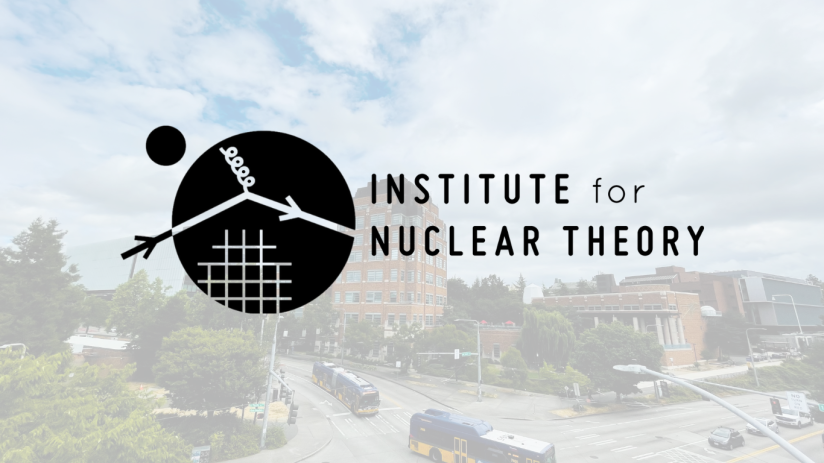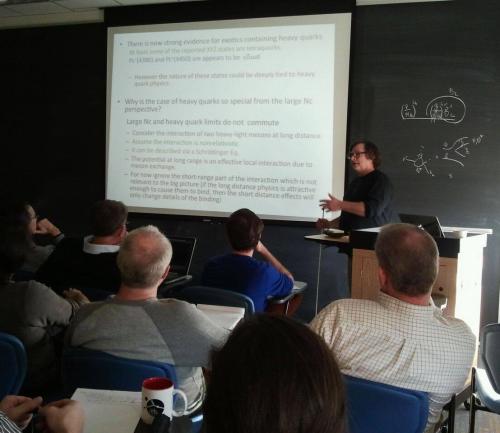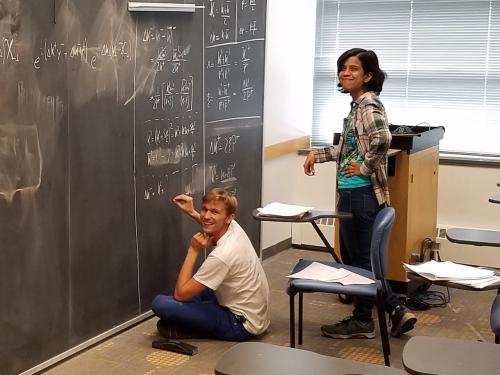
The National Institute for Nuclear Theory (INT) was established in 1990 by the US Department of Energy and is based at the University of Washington in Seattle, Washington.
Objectives
-
To create an inclusive and diverse research environment where scientists can focus on key frontier areas of the field, including those crucial to the success of existing and future experimental and computational facilities.
-
To encourage interdisciplinary research at the intersections of nuclear physics with related disciplines, such as high-energy physics, astrophysics, atomic physics, condensed matter physics, and quantum information science.
-
To build greater appreciation, in the general physics community, for the tools of nuclear physics and the breadth of their possible applications, and to assure that new ideas generated in other fields are assimilated and utilized by nuclear physics.
-
To recruit and nurture promising junior scientists, thereby enhancing their professional prospects. The aim is to enlarge the pool of young nuclear physicists who can compete for faculty or research positions in leading universities, in government, in national laboratories and in the private sector including technology companies.
-
To contribute to scientific education through graduate student research, INT summer schools, internships, scholarships and co-sponsorship of national schools and workshops.
-
To strengthen international cooperation and collaboration in nuclear physics and physics generally, through cooperative programs and exchanges.
Read our INT Fact Sheet for more information on current activities, research impacts, and alumni.
Activities
The INT engages in three main activities: programs and workshops, local research, and schools and training.

Programs and Workshops
Each year the INT sponsors programs and workshops focused on specific physics questions, drawing visiting physicists from the US and abroad who are experts in the area of the program or workshop. Proposals are submitted by members of the physics community and reviewed by the INT's National Advisory Committee (NAC), comprised of leading physicists. The longer-term programs attract more than 400 visitors each year. The shorter-term workshops are typically organized in response to urgent developments in the field. The INT workshops, which typically run from 2 to 5 days, attract more than 200 visitors each year.
Local Research
There is a comprehensive and vital local research program led by four senior scientists and a number of scientists at the junior faculty and postdoctoral levels. The research activities represented by our group are broad and have significant intellectual connections to many of the programs and w that the INT hosts.
Schools and Training
An important focus of the INT are junior scientists. The INT and the National Science Foundation co-sponsor the annual Summer School in Nuclear Physics, an annual school for advanced graduate students. The INT and the UW Department of Physics, co-host a very successful annual Research Experiences for Undergraduates (REU) program that attracts a large number of applications each year from undergraduates throughout the US.
